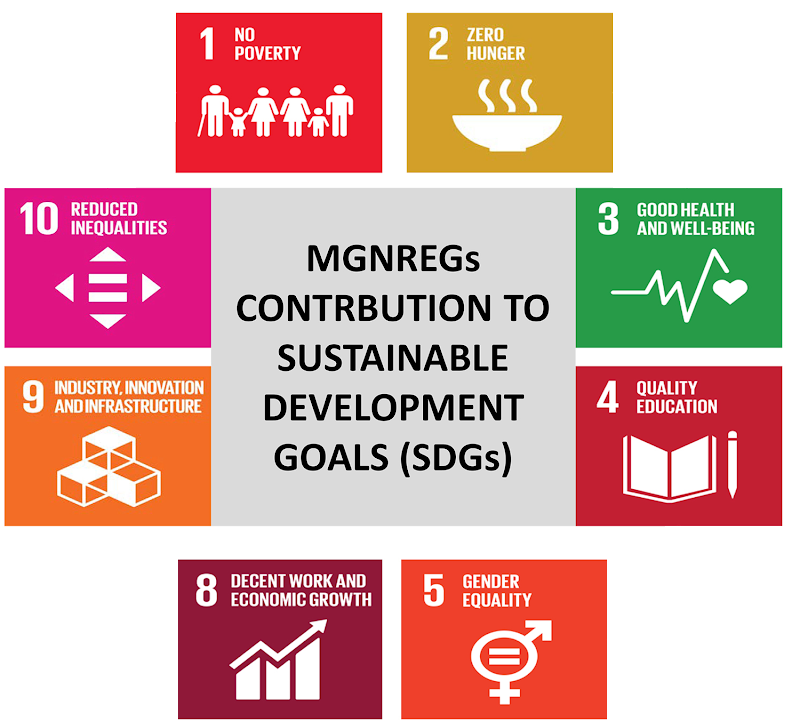Free Courses Sale ends Soon, Get It Now


Free Courses Sale ends Soon, Get It Now



Copyright infringement is not intended
Context: The Union government allocation for the Mahatma Gandhi National Rural Employment Guarantee Act (MGNREGA) declined by 25%.
Details:
Mahatma Gandhi National Rural Employment Guarantee Act (MGNREGA) 2005:
Significance of MGNREGA:
Constitutionality of MGNREGA:
Status of Implementation:
Challenges:
Way forward:
© 2024 iasgyan. All right reserved